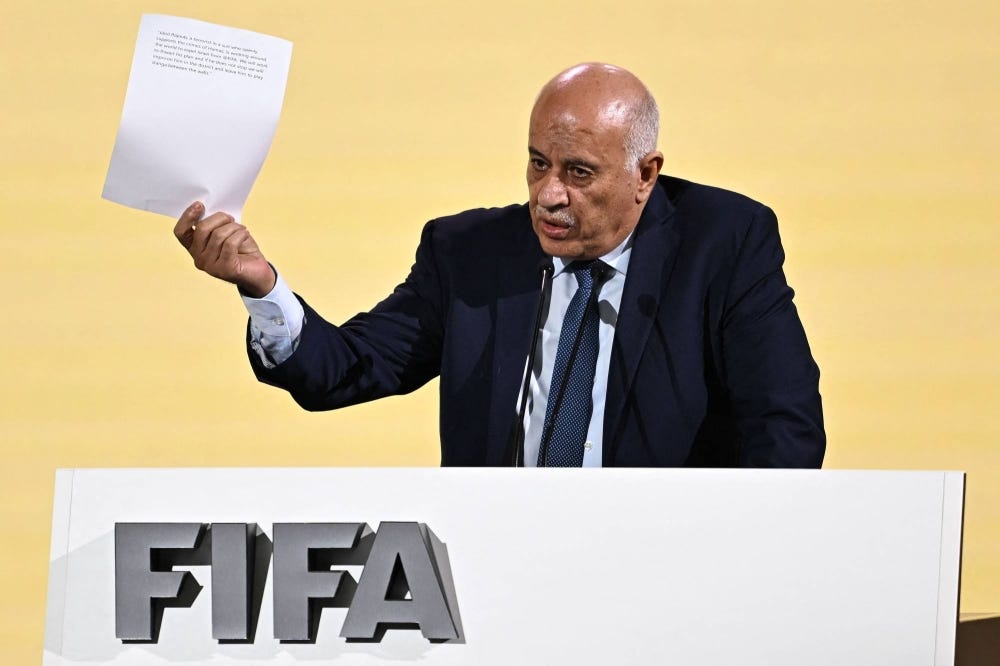FIFA Delays Decision on Israel Sanctions
In a widely expected move, FIFA President Gianni refused to send the matter to the floor for a vote.
IFA promised a lot of things to a lot of people. Under Gianni Infnatino the governing body of World Football was supposed to change for the better. There was going to be less corruption, more transparency, the playing field would be level for all.
Seeing itself as a community of nations, FIFA embraced “its responsibility to respect human rights across it…



